‘Tensions in Kiev: Mounting Frustration over the Lack of Military Successes Leads a Former Advisor to President Zelensky to Speak of a “System Question”‘ – by Reinhard Lauterbach, Junge Welt, 1 November 2023
Original German-language article here. Translation mine – MZ

It is highly unusual that senior officials of a country at war publicly accuse their own head of state of being out of touch with reality. What’s even more extraordinary is that they make such allegations to a foreign media outlet. The fact that this media source is based in the US implies that a game is being played, with the global press serving as the last means to apply pressure on the country’s own leadership.
It is quite obvious who might have an interest in this intrigue: in the short term, those elements within the establishment from whose circles Volodymyr Zelensky, according to Monday’s Time report, wants to choose a minister and a general as scapegoats in the next few weeks and sack them. Ukrainian media have long reported disagreements regarding the future strategy. It has been suggested that the military commander-in-chief, Valery Salushny, has been unsuccessful in persuading the president of the necessity to halt the offensive in the southern part of the country and switch to a defensive stance.
Continue reading

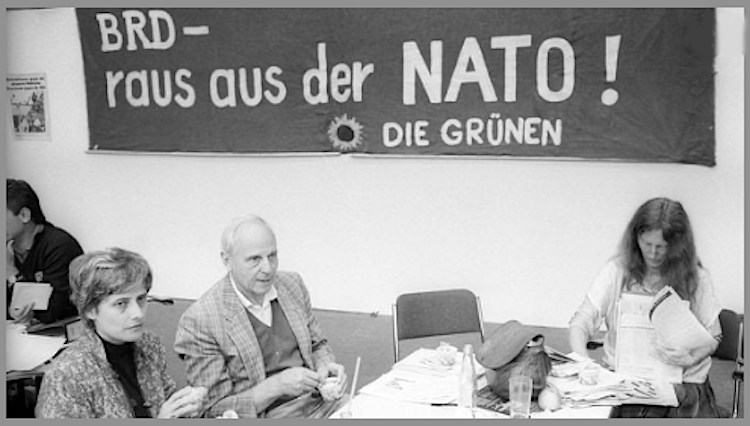
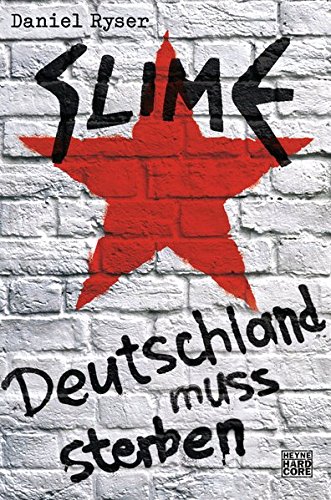

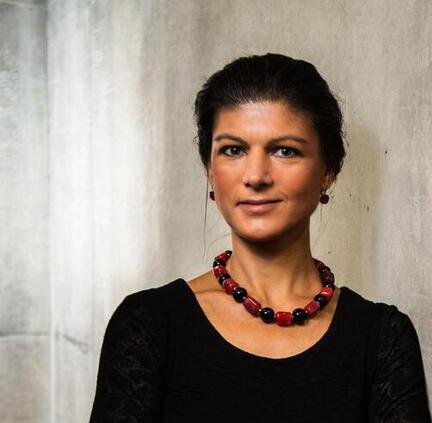


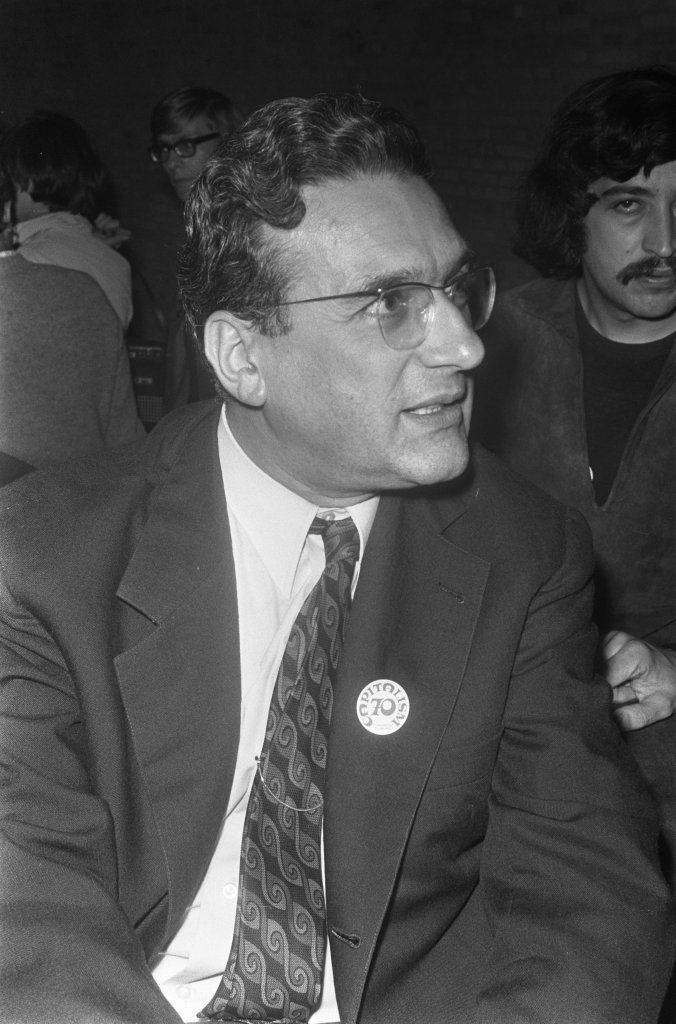

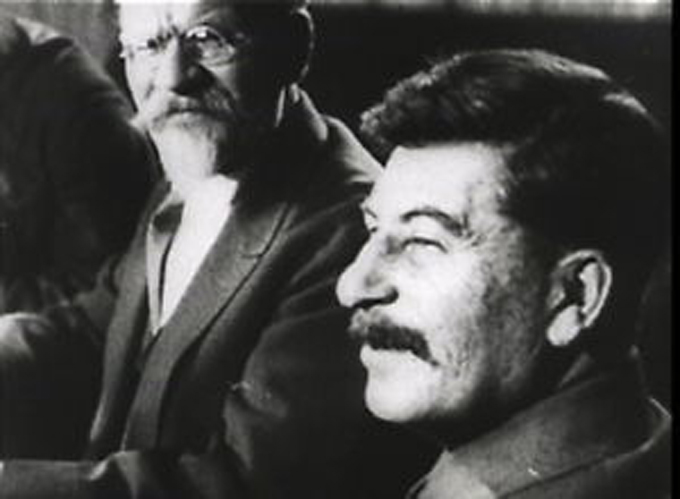 In September 2019, I translated a review of Leon Trotsky’s memoirs by the famous ‘revolutionary conservative’ author, Ernst Jünger, into English. The original review appeared in a 1930 issue of Ernst Niekisch’s Widerstand journal. My translation was first
In September 2019, I translated a review of Leon Trotsky’s memoirs by the famous ‘revolutionary conservative’ author, Ernst Jünger, into English. The original review appeared in a 1930 issue of Ernst Niekisch’s Widerstand journal. My translation was first 


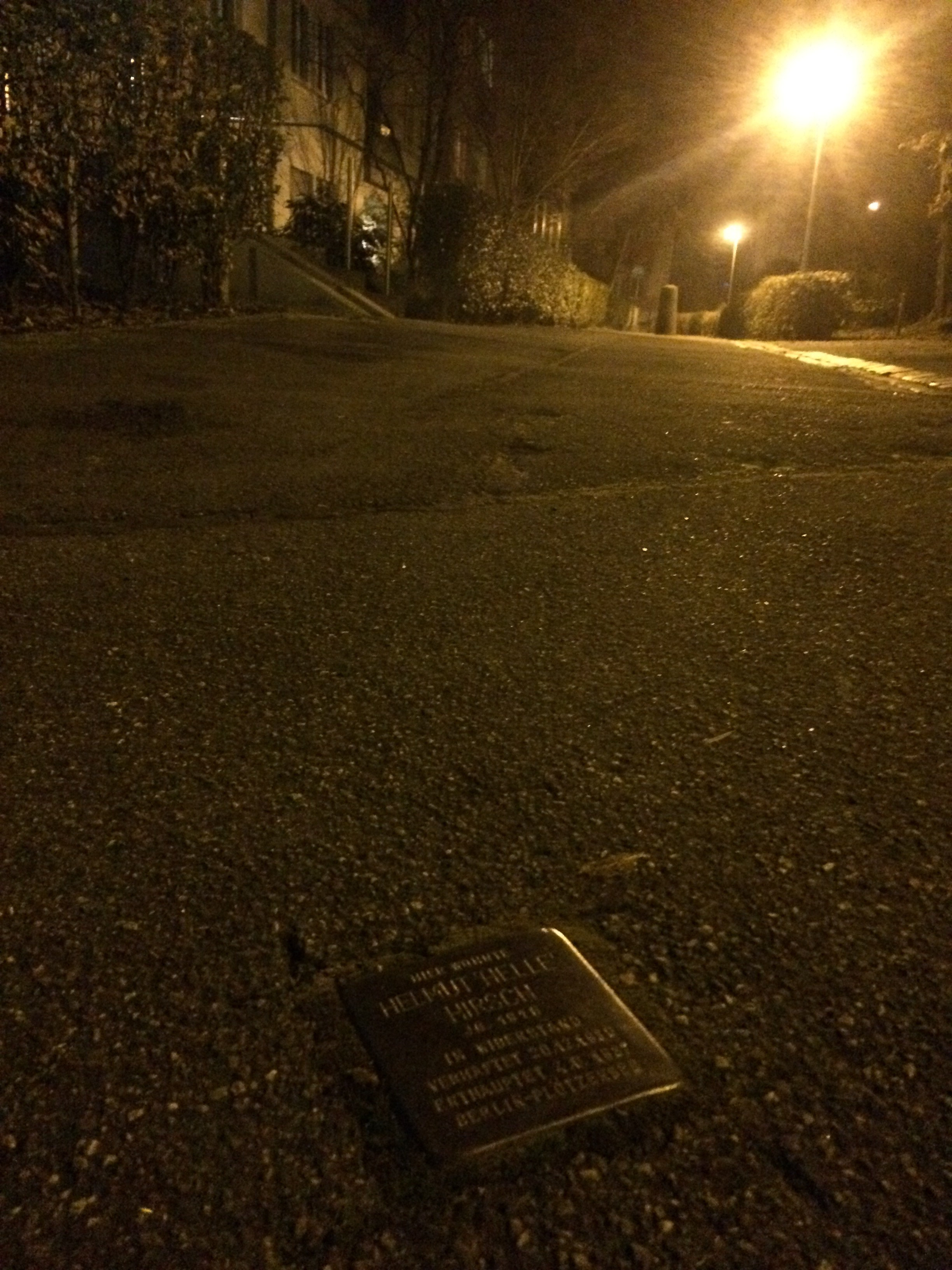 This is a ‘tripping stone’ (Stolperstein) memorial for Helmut ‘Helle’ Hirsch, who in the 1910s-30s grew up here in Seestraße 89. Located in a traditionally affluent neighbourhood in the west part of Stuttgart, the stone was laid in 2007.
This is a ‘tripping stone’ (Stolperstein) memorial for Helmut ‘Helle’ Hirsch, who in the 1910s-30s grew up here in Seestraße 89. Located in a traditionally affluent neighbourhood in the west part of Stuttgart, the stone was laid in 2007.